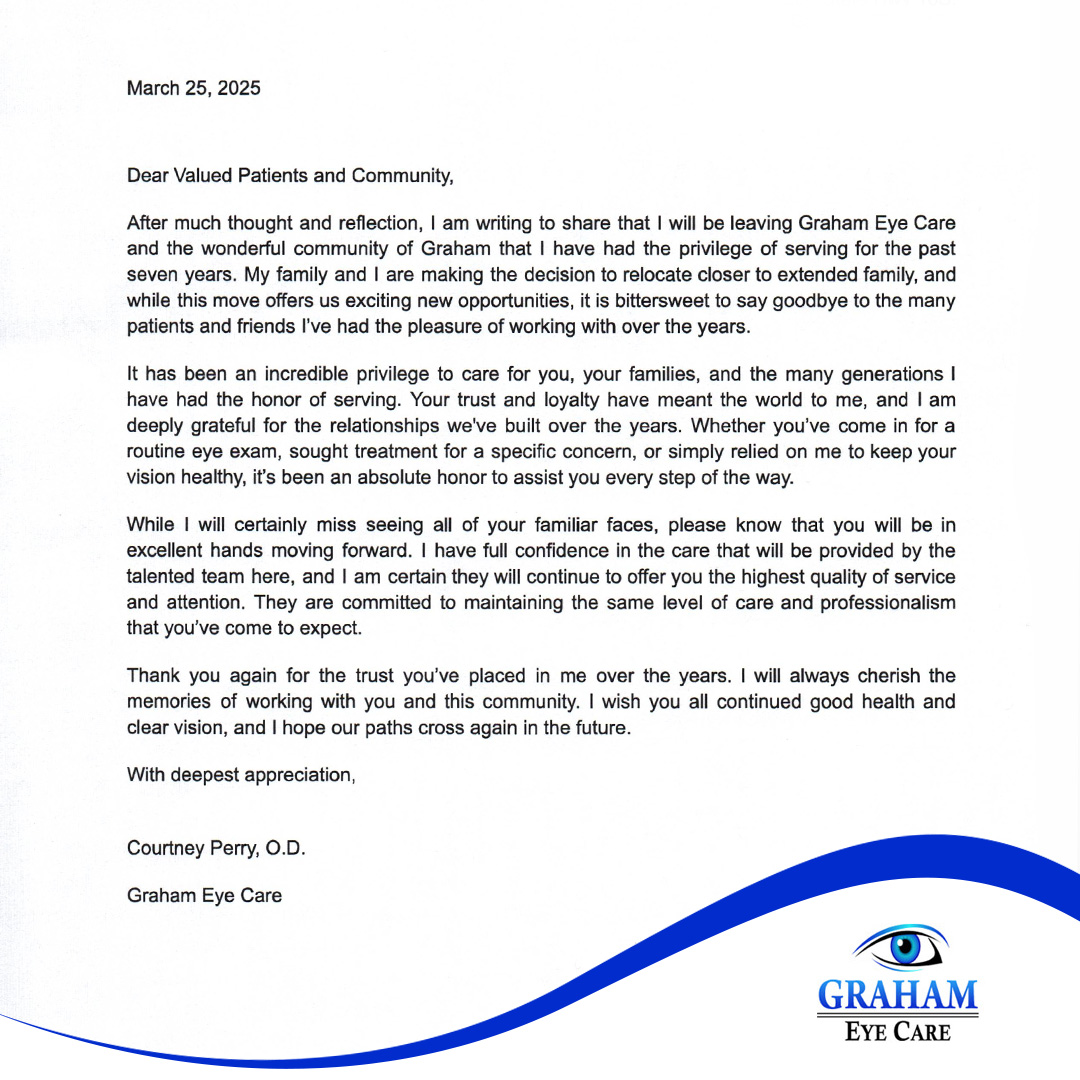
Many people are understandably confused about ophthalmology and optometry. While the fields deal with eye care, they breed common misconceptions. Both have different areas of expertise and levels of training. So, if you have any vision or general eye issues, consulting the right doctor is critical. To learn how ophthalmologists and optometrists differ, read on.
Who Are Optometrists?
An optometrist examines and diagnoses eye disorders. They manage and treat these eye conditions. However, they do not have a medical degree. They are holders of a doctor of optometry (DO) accreditation.
To qualify, an optometrist must initially get a pre-professional undergrad degree. Then, they must undergo professional training at a college of optometry for four years. Optometrists may opt for residency if they wish to specialize in a specific area.
What Optometrists Treat
An optometrist is most known for performing vision tests to aid in prescribing contacts or glasses to patients. Yet, they do more than just that. Among the duties they perform include:
Conducting comprehensive eye exams.
Detecting undiagnosed conditions through thorough eye screenings. These conditions include diabetes, autoimmune diseases, and high blood pressure, among others.
Assessing eye injuries in patients.
Writing prescriptions for medications. However, this depends on the laws in each state. Some allow it, while some do not.
Performing minor eye surgeries to treat or correct eye issues. Similarly, this depends on each state's law.
Providing nonsurgical treatments. These include low-vision rehabilitation and vision therapy.
Providing post and pre-operative care to eye surgery patients.
Referring critical cases to an ophthalmologist.
Who Are Ophthalmologists?
An ophthalmologist is a certified medical doctor. They diagnose and provide treatments for all eye diseases. They prescribe contact lenses and eyeglasses and perform eye surgery. To get the certification, ophthalmologists must get an undergrad degree after four years of learning.
This precedes a medical school degree for four more years. They must also attend a compulsory internship for one year and a clinical surgery residency for three years. Two or more years of fellowship is also a requirement.
What Ophthalmologists Treat
An ophthalmologist is a highly qualified eye doctor who can diagnose and treat many eye conditions such as:
Astigmatism.
Glaucoma.
Myopia.
Hyperopia.
Optical nerve disease.
Pediatric eye condition.
Retinal detachments.
Glaucoma diabetic retinopathy.
Cataract.
What Ophthalmologists Use for Treatment
An ophthalmologist prescribes eyeglasses and contacts. But, unlike optometrists, they have the authority to prescribe medication to patients across all states. Although glaucoma and cataracts surgeries are the most common procedures they perform, ophthalmologists can perform surgery on all the conditions mentioned earlier.
Which Eye Doctor Is Right for You?
After reading about the two eye specialists, you should have a clearer picture of who fits your needs. Issues with your vision requiring eyeglasses or contact lenses are an optometrist's specialization.
But if you require more serious eye attention owing to issues that may require surgery, you should consult an ophthalmologist. If you are experiencing any eye health issues, ensure you visit the right eye doctor for the right diagnosis and treatment.
For more on the difference between optometrists and ophthalmologists, visit Graham Eye Care at our office in Graham, Texas. You can call (940) 549-1800 today to schedule an appointment.








